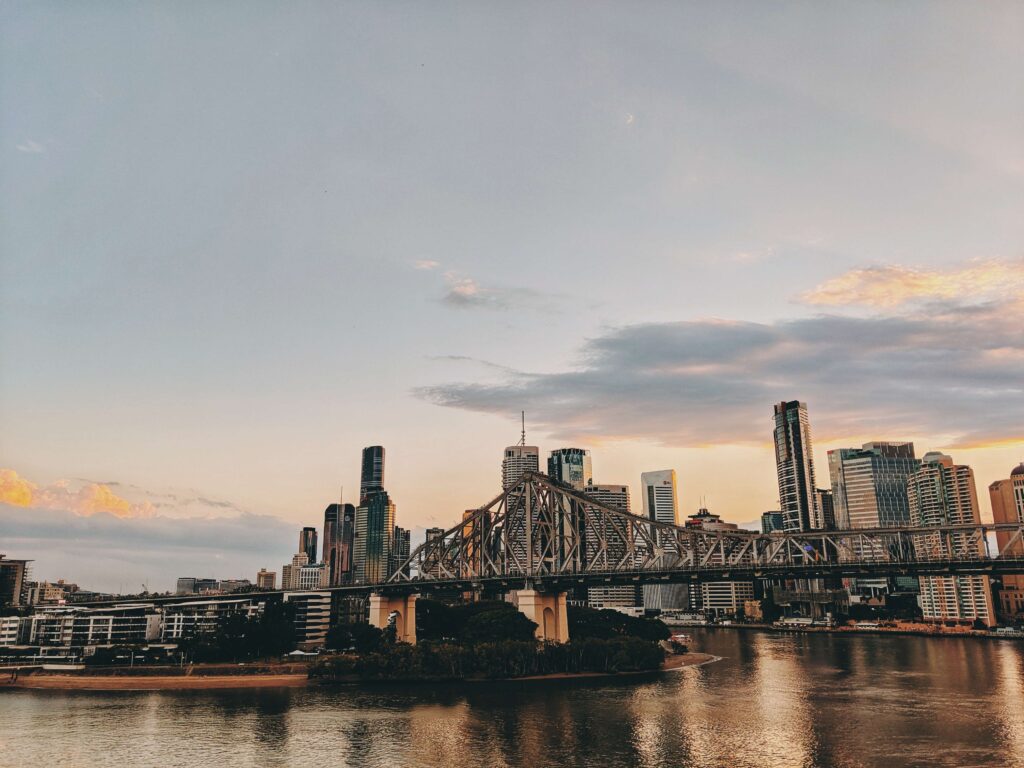Understanding the Entry Requirements for Australia

Brisbane is an easygoing city that focuses on arts, sports and cuisine. Residents are warm and welcoming – something which international students are well acquainted with.
If you are not an Australian citizen, to enter Australia you will require a visa. As the process can be time-consuming and stressful, it is advisable to begin applying early.
Table of Contents
Getting vaccinated
To obtain a visa for Brisbane, it is necessary to meet certain health standards. These standards include having received all appropriate vaccinations and being free from diseases like hepatitis A/B/Tb as well as tuberculosis. In certain circumstances involving wildlife work or high-risk areas a rabies vaccination may also be required.
Vaccination requirements depend on your destination country. For instance, travellers visiting certain countries are required to obtain a yellow fever vaccine which provides protection from mosquito-borne yellow fever virus infection. Furthermore, government mandated requirements also include vaccination against rabies for any workers working directly with animals.
COVID-19 vaccination is available to all Australians, and healthdirect Service Finder makes it easy to locate service providers near you as well as clinics that feature special amenities like ramp access or quiet spaces. You can also view the National Immunisation Program schedule and speak to your GP about catch-up vaccines if these weren’t given during childhood.
Getting a visa
Australia welcomes millions of international visitors each year, but it is crucial that visitors understand its entry requirements before travelling here. You will require a valid passport that covers your stay as well as being up-to-date on vaccination requirements and rules about what can enter or exit Australia.
Australian government offers several visa options that can enable individuals and employers to live and work in Queensland, such as independent and employer sponsored visas. You can find more information regarding all your available options on the Department of Home Affairs website.
If you intend to study at an Australian university, the minimum English language requirements for your course must be fulfilled. TAFE Queensland specifies an IELTS Academic score requirement for international students on each course page. Furthermore, you must provide evidence of health and life insurance.
Declaring goods
Your entry or departure from Australia requires declaring any products brought into or out of the country to prevent pests and diseases entering our environment. The process starts on the plane with an Incoming Passenger Card to complete in detail and honestly.
Biosecurity officers will interview and test items that pose risks to Australian agriculture or human health, including foodstuffs such as meats that must be canned or packaged in sterile jars/retort pouches if imported; other potential threats include corals, hunting trophies and ivory products.
If you are importing goods that require permits or quarantines, use the Warehouse Declaration (N20) form. This enables you to store them in an authorized warehouse before going through standard customs clearance processes and paying all applicable duties and taxes – saving both time and money!
Getting around
Public transport is the ideal way to explore Brisbane. With buses, trains and CityCat ferries all connected together by Translink go cards you can seamlessly travel on all these services with one card purchased and loaded at various locations – students may even benefit from discounted student rates!
Brisbane can be explored on foot or with CityCycle bike-share program. There are hundreds of miles of bicycle pathways throughout the city and it’s particularly user-friendly for cyclists; just make sure that you stick to cycle lanes or car-free trails when cycling as doing so on main roads can be dangerous.
Taxis can also be an option, though they tend to be costly. Taxis are easily found throughout the city and can be flagged down on streets or major neighborhoods and shopping centers. Prepaid cab rides start from as little as AUD 3.70 but prices vary depending on distance traveled and time of day.



